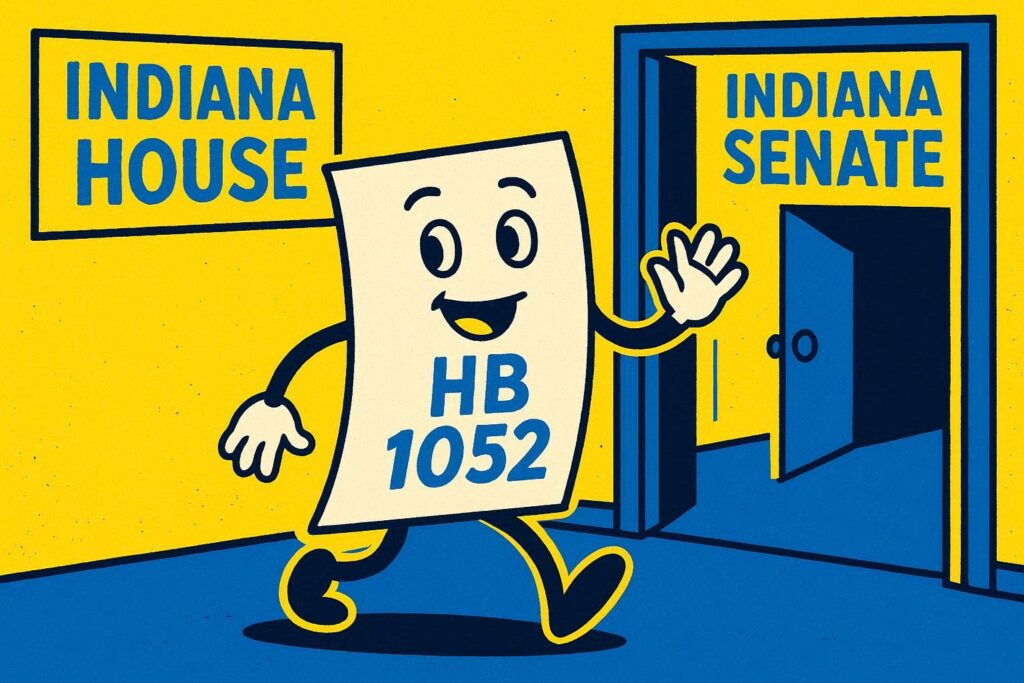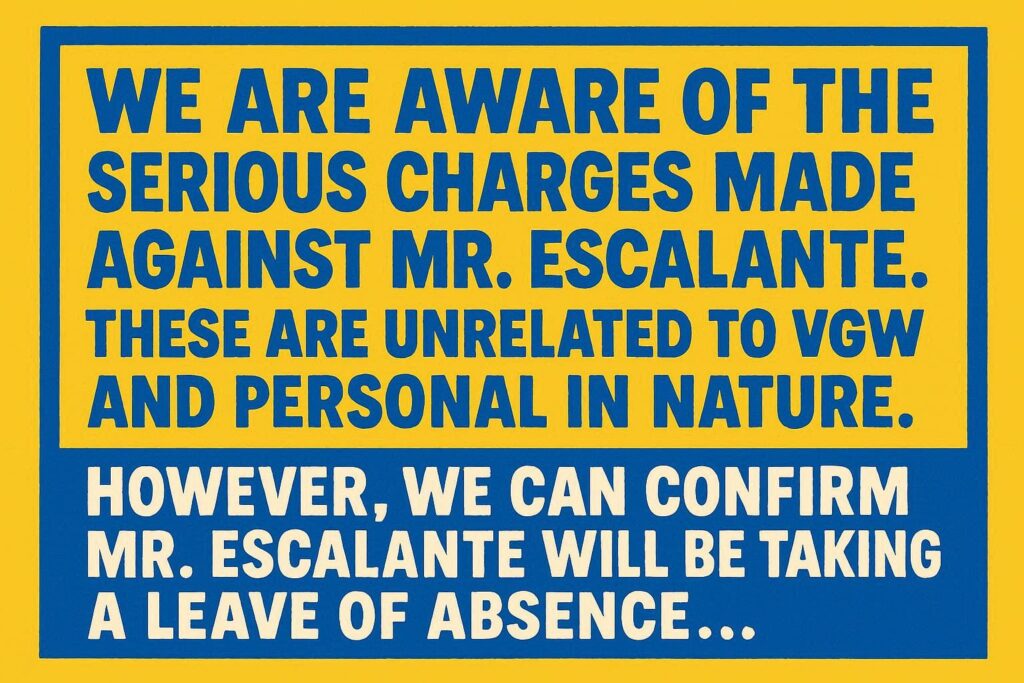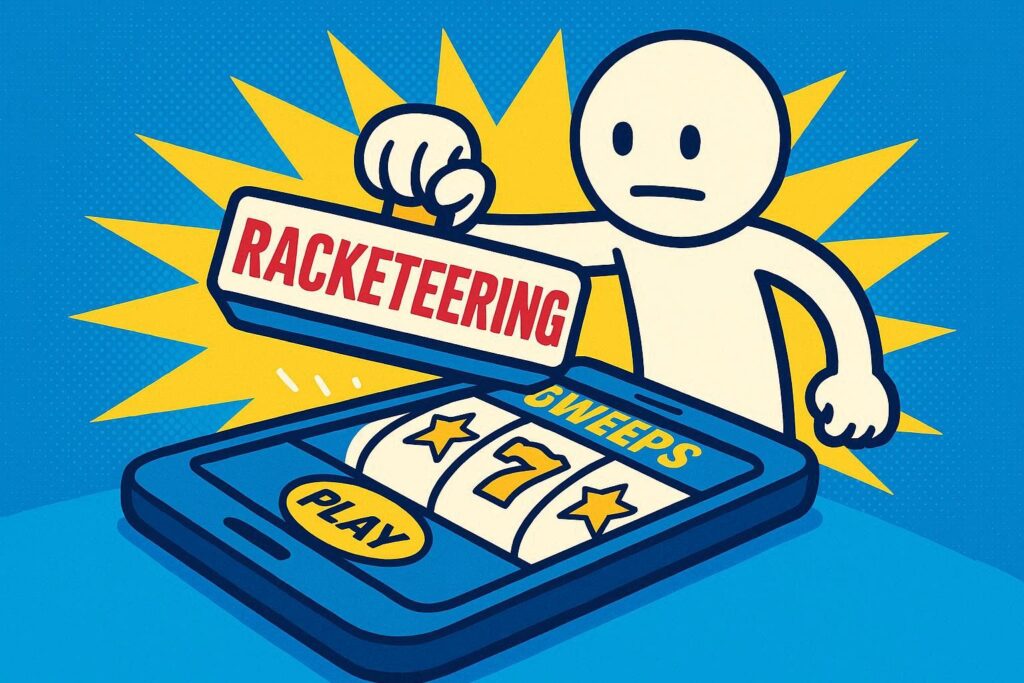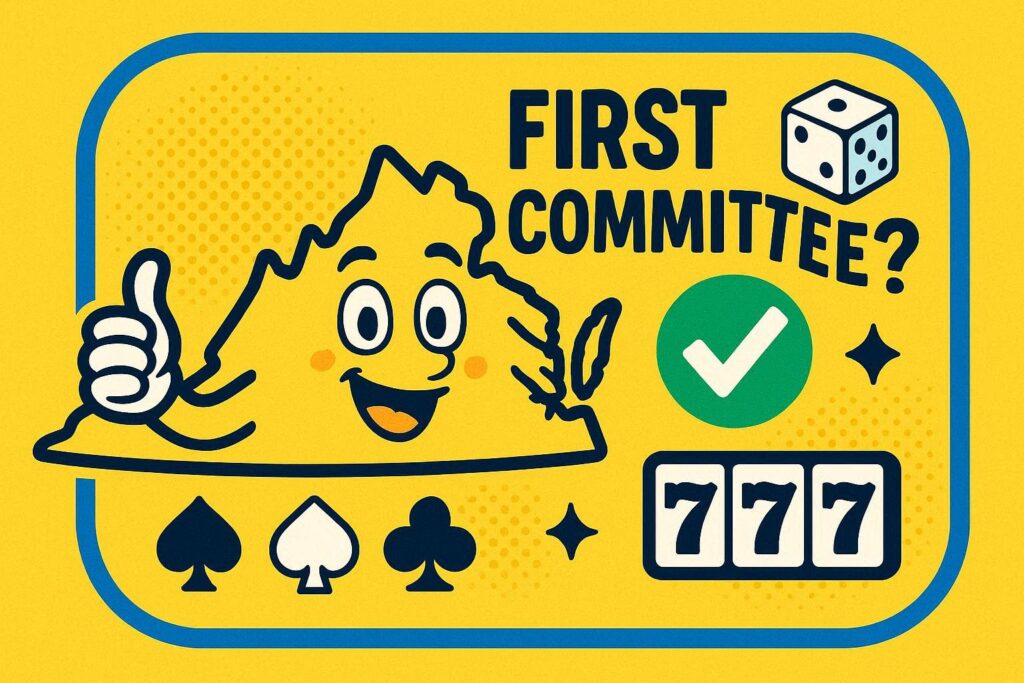Connecticut officially became the second state to ban online sweepstakes casinos on Wednesday as Gov. Ned Lamont put pen to paper on Senate Bill 1235.
As a result, online sweepstakes casinos will be officially prohibited in Connecticut effective Oct. 1.
Lamont’s signature capped a period of overwhelming support for the bill, which garnered a 36-0 vote of passage from the Senate before the House did the same by a 146-0 margin.
CT makes official was was already in practice
Connecticut joins Montana as the lone states to successfully pass bills banning sweeps casinos within their respective jurisdictions. Montana became the first toward the end of May.
For Connecticut, the newly signed bill bans online sweepstakes operators – essentially any promotion from an unlicensed platform that “allows or facilitates participation in any real or simulated online casino gaming or sports wagering.”
While many sweeps operators have already closed up shop in the state, this legislation formalizes what state officials had already put into practice.
And it didn’t come a moment too soon, as the Connecticut legislative session was set to end a day after the House unanimously approved the bill to send it along for Lamont’s signature.
Bill also allows for in-state sports betting
Interestingly, SB1235 also included a prohibition on lottery courier apps such as Jackpocket and Jackpot.com while also creating an avenue for Connecticut online casinos to join the Multi-State Internet Gaming Agreement (MSIGA).
That language, though, was removed during legislative review.
In addition, albeit with some restrictions, the new law authorizes legal sports betting on boxing and mixed martial arts as well as on tournaments that include college teams from Connecticut.
The latter provision is allowable so long as the tournament features at least four college teams, including one or more from Connecticut, “and the wager on the tournament is based on the outcome of all games within the tournament.”
SGLA: Bill’s passage ‘a win for the black market’
The Social Gaming Leadership Alliance (SGLA) made its position clear shortly after the Connecticut House approved of SB1235.
“It is disappointing that Connecticut residents have lost access to popular, free-to-play online games enjoyed by millions nationwide,” Jeff Duncan, executive director of the SGLA, said in a statement last week.
“It’s unfortunate that this legislation was hastily passed based on incomplete information with little attempt to engage with legitimate industry operators that prioritize player protections.”
What’s more, Duncan emphasized, the bill’s passage represents “a win for the black market” as well as “other groups with vested interests that campaigned for this bill with falsehoods and misinformation.”
“It is a loss for innovation, competition, free choice and potential benefits for the State of Connecticut,” Duncan said.
SPGA expresses frustration with CT legislation
The Social and Promotional Games Association (SPGA) released a statement on Friday, noting that it “is frustrated” by Lamont’s decision to sign SB1235.
The SPGA emphasized that its online sweepstakes members “have long operated under well-established legal frameworks” that provide safe and free-to-play entertainment for adults.
“Unfortunately,” the SPGA said, “Connecticut’s sweeping legislation fails to distinguish between lawful promotional sweepstakes and unregulated gambling, despite the absence of any meaningful evidence of consumer harm.
“Instead of engaging with operators who prioritize consumer protections, compliance, and responsible standards, lawmakers have chosen a path that will harm innovation, limit consumer choice, and push compliant businesses out of the state.”








